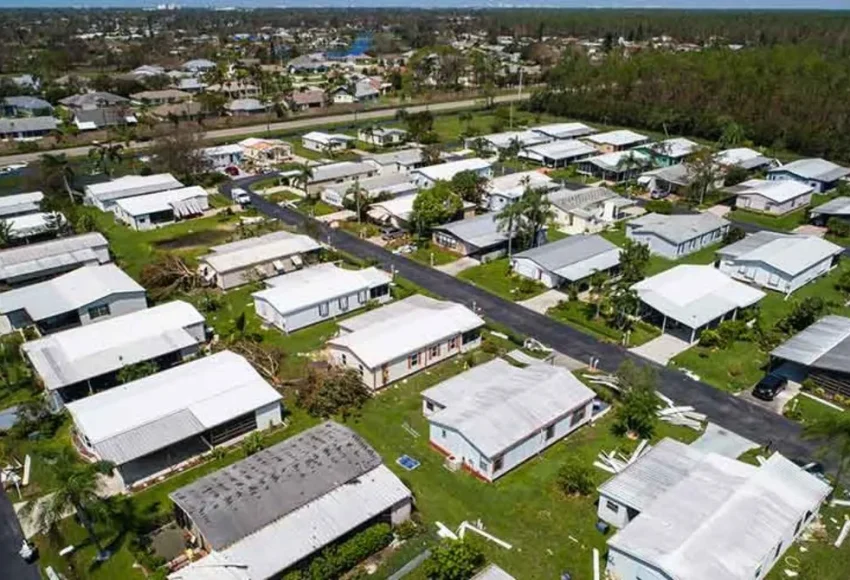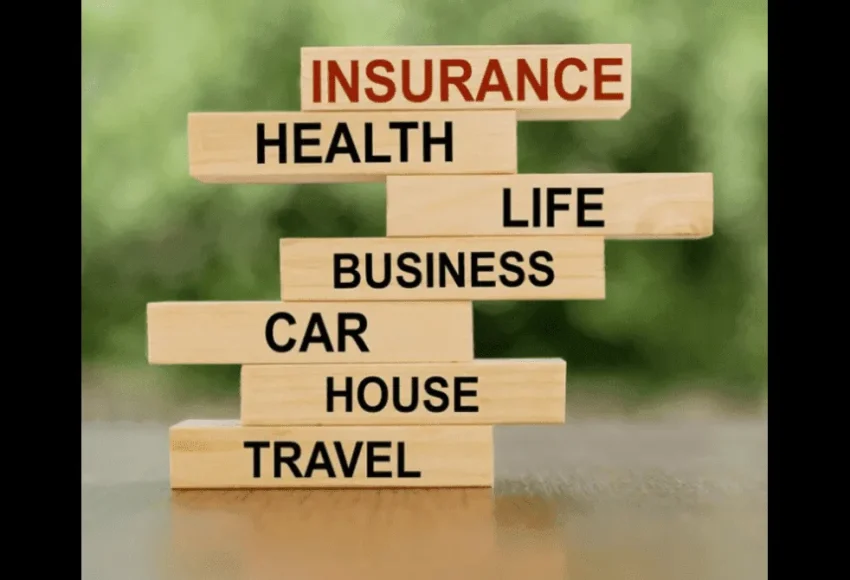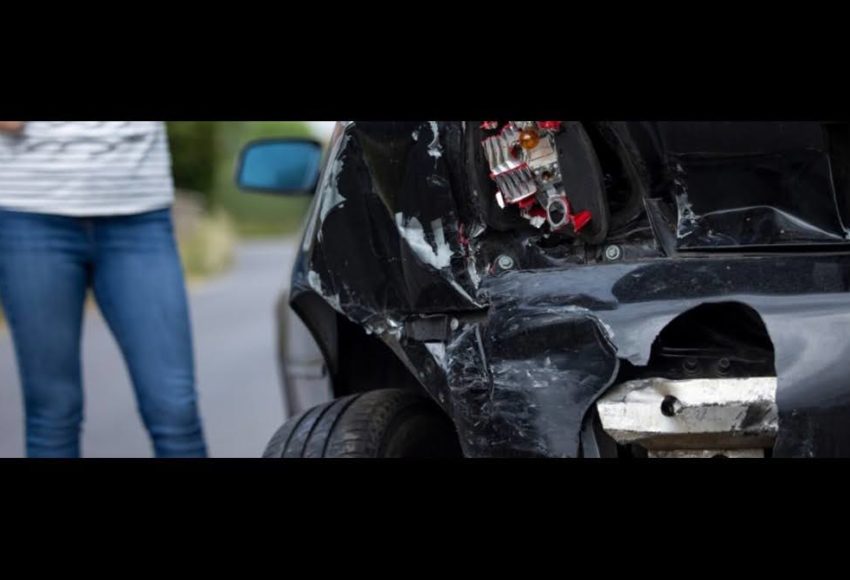Don’t we all love finding new and creative ways to save money? I know I do. And what’s even better is when those ways to save money are on things we have to pay for anyways, like car insurance. Because let’s be honest, who really loves spending money on those car insurance quotes? But the fact of the matter is, auto insurance is a necessary evil. It’s something we all need to have to protect ourselves financially in case of an accident.
But just because it’s necessary doesn’t mean it has to be expensive. In fact, there are plenty of ways to get cheap auto insurance quotes. And in this blog post, we will discuss some of the best tips and tricks for saving money on car insurance.
3 Tips to Get the Best Auto Insurance Quotes
Are you in the market for auto insurance? Whether you are a first-time buyer or looking to switch policies, it’s important to get the best deal on coverage. By following these tips, you can get quotes from a variety of carriers and find the policy that’s right for you.
Tip #1: Shop around and compare rates from different insurers.
This one is a no-brainer. If you want to get the best deal on anything, you have to shop around and compare prices. The same goes for auto insurance. Don’t just go with the first company that gives you a quote. Get quotes from multiple companies and compare them side-by-side to see who offers the best rates.
And while you’re at it, make sure you’re comparing apples to apples. In other words, make sure each company is offering you the same coverage limits and deductibles before making your final decision. It would be pretty unfortunate if you chose a company based on price only to find out later that they had much lower coverage limits than another company would have given you for the same price.
Tip #2: Raise your deductible
This tip goes hand-in-hand with tip #1. When you’re comparing rates from different insurers, one of the things you’ll want to look at is the deductible amount. The deductible is the amount you have to pay out of pocket before your insurance policy kicks in and starts paying for damages.
Generally speaking, the higher your deductible is, the lower your premium (monthly payment) will be. So if you’re looking to save some money on your car insurance, consider raising your deductible amount. Just make sure it’s an amount that you’re comfortable paying out of pocket in case of an accident so that you’re not left scrambling financially if something does happen.
Tip #3: Keep your driving record clean
This one should go without saying but I’m going to say it anyways because it’s so important—keep your driving record clean! Insurance company penalizes drivers with blemishes on their driving records by charging them higher premiums. So if you want to keep your rates low, make sure you stay safe on the road and don’t get any tickets or accidents within a few years leading up to your policy renewals/purchases.
In a Nutshell
Those are just a few tips for saving money on your auto insurance quotes. By shopping around, raising your deductible amount, and keeping a clean driving record, you can put yourself in a good position to get cheap auto insurance rates. Just remember that while the price is important when it comes to choosing an insurer, it shouldn’t be your only factor in making a decision. Make sure you’re also taking into account things like customer service reviews and financial stability ratings before making your final choice so that you can be sure you’re getting the best possible value for your money.
Frequently Asked Questions About Auto Insurance
What is the minimum amount of auto insurance coverage I need in Texas?
The state of Texas requires all drivers to have a minimum of $30,000 in bodily injury liability coverage per person and $60,000 per accident, as well as $25,000 in property damage liability coverage.
What other types of coverage might I need?
In addition to the state-mandated minimums, you may also want to consider adding additional coverage to your policy, such as collision, comprehensive, personal injury protection (PIP), and uninsured/underinsured motorist coverage.
How much does auto insurance cost in Texas?
Auto insurance rates in Texas vary depending on a number of factors, including your age, driving history, credit score, the type of vehicle you drive, and the amount of coverage you’re looking for. However, the average cost of auto insurance in Texas is $1,813 per year.
How can I get the cheapest auto insurance rates in Texas?
There are a few things you can do to help make sure you’re getting the cheapest auto insurance rates in Texas, including shopping around for quotes, raising your deductible amount, and keeping a clean driving record.
What is the difference between a quote and a policy in insurance?
A quote is an estimate of what your insurance policy might cost based on the information you provide. In contrast, a policy is an actual contract between you and the insurance company that outlines the terms and conditions of your coverage.
Is it better to have a higher or lower deductible?
The answer to this question depends on your personal circumstances. A higher deductible usually means a lower premium (monthly payment), but it also means you’ll have to pay more out of pocket if you do have an accident. A lower deductible, on the other hand, will likely mean a higher premium but less money out of pocket if something does happen.
What is an insurance deductible?
An insurance deductible is an amount you have to pay out of pocket before your insurance coverage kicks in. For example, if you have a $500 deductible and you get into an accident that causes $1,000 worth of damage to your car, you will have to pay the first $500 and your insurance company will cover the remaining $500.
What is a no-fault state?
A no-fault state is one in which each driver’s own auto insurance policy pays for their own damages, regardless of who is found to be at fault for the accident. Texas is not a no-fault state.
What is an at-fault state?
An at-fault state is one in which the driver who is found to be at fault for an accident is responsible for paying for the damages. Texas is an at-fault state.
What is the difference between collision and comprehensive coverage?
Collision coverage pays for damage to your vehicle that is caused by an accident, while comprehensive coverage pays for damage to your vehicle that is caused by things like theft, vandalism, or weather events.




